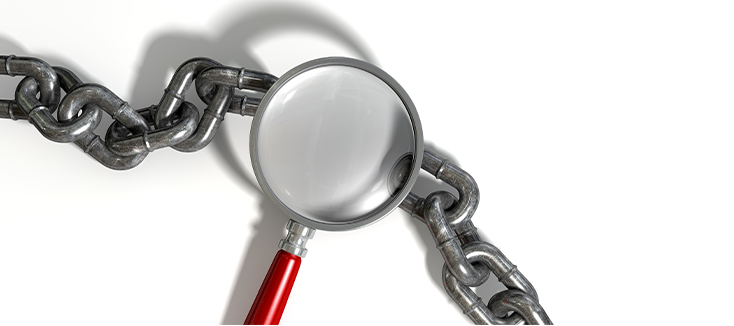The COVID-19 pandemic brought unprecedented challenges to the healthcare industry, particularly in medical device reprocessing. As healthcare facilities scrambled to implement new infection control measures, many turned to aggressive disinfection methods such as alcohol-based solutions and UV radiation. While these methods effectively kill pathogens, they often have unintended consequences, especially on delicate medical devices.
During the pandemic, the emphasis on infection control reached new heights. Healthcare providers were compelled to rethink their disinfection protocols, leading to the widespread use of alcohol and UV light as disinfectants in many cases. While these methods can effectively eliminate a range of pathogens, they can also pose risks to the materials they are used on. For instance, alcohol can degrade certain plastics and rubbers, while prolonged exposure to UV light can lead to surface damage and material degradation.
The Consequences of Unapproved Disinfection Methods
The aggressive disinfection methods adopted during the pandemic were often not approved by manufacturers for use on specific medical devices. Using unapproved cleaners or methods can lead to severe damage, resulting in expensive repairs or even the need for complete replacements. Ultrasound probes are particularly vulnerable, as they are intricate devices made from multiple materials designed for delicate applications. Damage to their surfaces can compromise their efficacy and, in the worst cases, pose a risk of healthcare-associated infections (HAIs) to patients.
When probes are subjected to incompatible cleaning methods, microfractures can develop on their surfaces. Initially invisible, these fractures can harbor bacteria, creating a biofilm that is notoriously difficult to eradicate. This not only endangers patient safety but can also lead to costly repercussions for healthcare facilities in terms of repairs and liability.
The Importance of Material Compatibility Testing
Given the potential for damage, material compatibility testing is crucial in ensuring that medical devices can withstand the chemicals and methods used during reprocessing. This testing evaluates the interaction between the probe materials and the reprocessing agents, determining whether adverse effects occur. A thorough compatibility assessment ensures that the materials used in ultrasound probes can endure the cleaning and disinfection processes without losing their integrity.
For many manufacturers, material compatibility testing involves analyzing the effects of a single disinfectant at ideal concentrations. However, CS Medical takes a more comprehensive approach. We prioritize safety by testing even for worst-case scenarios. This means evaluating the effects of the highest possible concentration of disinfectants, using fresh chemical solutions in each cycle, and conducting tests at the worst-case temperatures.
Additionally, CS Medical conducts testing for varying durations to simulate the end-of-life conditions of ultrasound probes. This rigorous approach allows us to confidently state that our products are compatible with the materials of various brands of TEE probes and other ultrasound devices.
Given the extensive range of chemicals and disinfectants, healthcare providers must consult the probe’s manufacturer before reprocessing. Manufacturers possess invaluable information regarding the compatibility of their products with specific cleaners, disinfectants, and methods. This information is essential for ensuring that cleaning protocols do not compromise the integrity of the devices.
Healthcare providers must be vigilant in confirming material compatibility with their product’s manufacturer to avoid unnecessary damage to their ultrasound probes. The Joint Commission states, “Accredited organizations could be cited for failure to: produce IFUs of medical equipment and devices reprocessed at the organization,” and, “use the products indicated in the IFU (unless compatibility of alternative products has been confirmed).” Probes are not only costly to replace, but they also require significant investment in training and staff time. Regular maintenance and proper reprocessing protocols are essential to extend the life of these devices and ensure patient safety.
The COVID-19 pandemic forced healthcare providers to adapt rapidly, implementing stringent disinfection protocols to safeguard patients and staff. However, the aggressive methods often employed, particularly the use of alcohol and UV radiation, posed risks to sensitive medical devices like ultrasound probes. Material compatibility testing is essential for ensuring that cleaning methods do not compromise the integrity of these devices.
CS Medical is at the forefront of this effort, employing rigorous testing protocols to guarantee the safety and efficacy of our products. By conducting compatibility tests under worst-case scenarios, CS Medical ensures that healthcare providers can confidently use our products to high-level disinfect devices without fear of damaging them. As we progress in a post-pandemic world, healthcare facilities must remain vigilant in consulting manufacturers and adhering to material compatibility guidelines. Doing so protects patients and safeguards the valuable medical equipment essential for delivering high-quality care.


